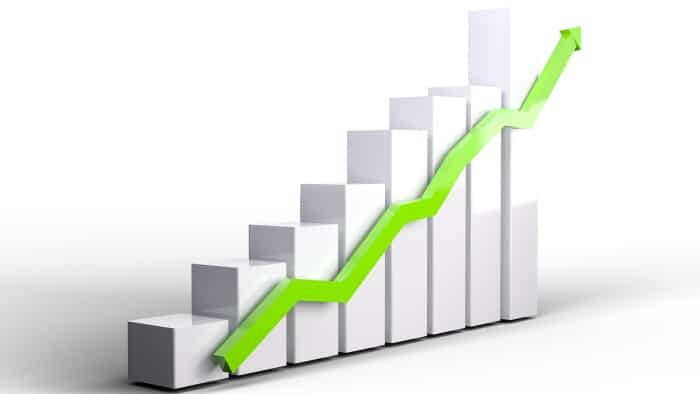How will TCS buyback of Rs 16,000 crore impact the company internally? Know pros and cons
Buybacks have gained momentum since TCS brought in major proposals in this segment, and this has definitely pushed other peers like Infosys, HCL Tech and Wipro to remove their own buyback.

IT-giant Tata Consultancy Services (TCS) has stolen limelight in the sector by its buyback proposal of Rs 16,000 crore. This is another aggressive buyback introduced by the company, as a similar repurchase of shares exercise was accomplished last year in the month of May. Buybacks have gained moment since TCS brought in major proposals in this segment, and this has definitely pushed other peers like Infosys, HCL Tech and Wipro to remove their own buybacks. Currently, everybody is watching as to how TCS’ buyback will take place. There are many questions like will large and small shareholders participate?, how will the buyback affect the company?, is it alright to carry a similar massive buyback? Hence, TCS needs to clarify these questions.
Today, TCS share price ended at Rs 1,830.70 per piece down by Rs 10.75 or 0.58%. When buyback plan was announced last week, it was taken positively by investors as it touched a fresh high of Rs 1,849, which led to overall rise of 3.16% on the BSE. Not only that, TCS market valuation rose to Rs 7,05,012.8 crore.
Buyback
TCS board approved buyback of 7.62 crore shares which would be 1.99% of paid-up-equity at a premium price of Rs 2,100 per share which aggregates up to Rs 16,000 crore.
This will amount to 38% of company’s cash reserves of Rs 42,600 crore and 18% of net worth.
Good choice
According to Motilal Oswal, this alone implies a payout of ~50% on our FY19 PAT estimate. Above this, the normal dividend payouts of TCS would only increase the ratio. It explained, “given the reduction in networth, the RoE is likely to improve by 2pp.”
“With multiple mega deals in the bag, TCS is set to continue on its path of gradual acceleration in growth witnessed over the past two quarters, and has the potential to hit double-digit growth in constant currency toward the latter half of the year,” Motilal adds.
Not so good choice
Analysts at Motilal believe that the buyback should result in 2% accretion to EPS from a reduction in the share count. However, the cash reduction would result in a decline in other income, which is dominated by a yield of 8% on a pre-tax basis on the cash.
They added, “Other income foregone would be to the tune of INR12-13b, which would result in an adverse EPS impact of ~2.5%, implying net EPS decline of ~50bp.”
From FY15 - FY17, TCS generated cumulative FCF of Rs 63,700 crore and paid out Rs 47,300 crore in the form of dividends and a buyback. This totals 75% of FCF generated.
In FY18, the combination of dividend and buyback (Rs 16,000 crore) led to a payout of 115% of FCF. However, the company has been maintaining that it would pay back 75-80% of FCF on a sustainable basis.
Get Latest Business News, Stock Market Updates and Videos; Check your tax outgo through Income Tax Calculator and save money through our Personal Finance coverage. Check Business Breaking News Live on Zee Business Twitter and Facebook. Subscribe on YouTube.
08:48 PM IST











 Midday Market Update: Sensex seesaws; IT index shines with TCS leading the pack
Midday Market Update: Sensex seesaws; IT index shines with TCS leading the pack IT stocks rally as TCS' upbeat demand outlook sparks optimism
IT stocks rally as TCS' upbeat demand outlook sparks optimism TCS employee attrition: Attrition rate rises to 13% in Q3FY25
TCS employee attrition: Attrition rate rises to 13% in Q3FY25 TCS announces dividend of Rs 76 per share
TCS announces dividend of Rs 76 per share  TCS Q3 FY25 Results: Tata group IT giant kicks off earnings season with 4% sequential rise in PAT
TCS Q3 FY25 Results: Tata group IT giant kicks off earnings season with 4% sequential rise in PAT